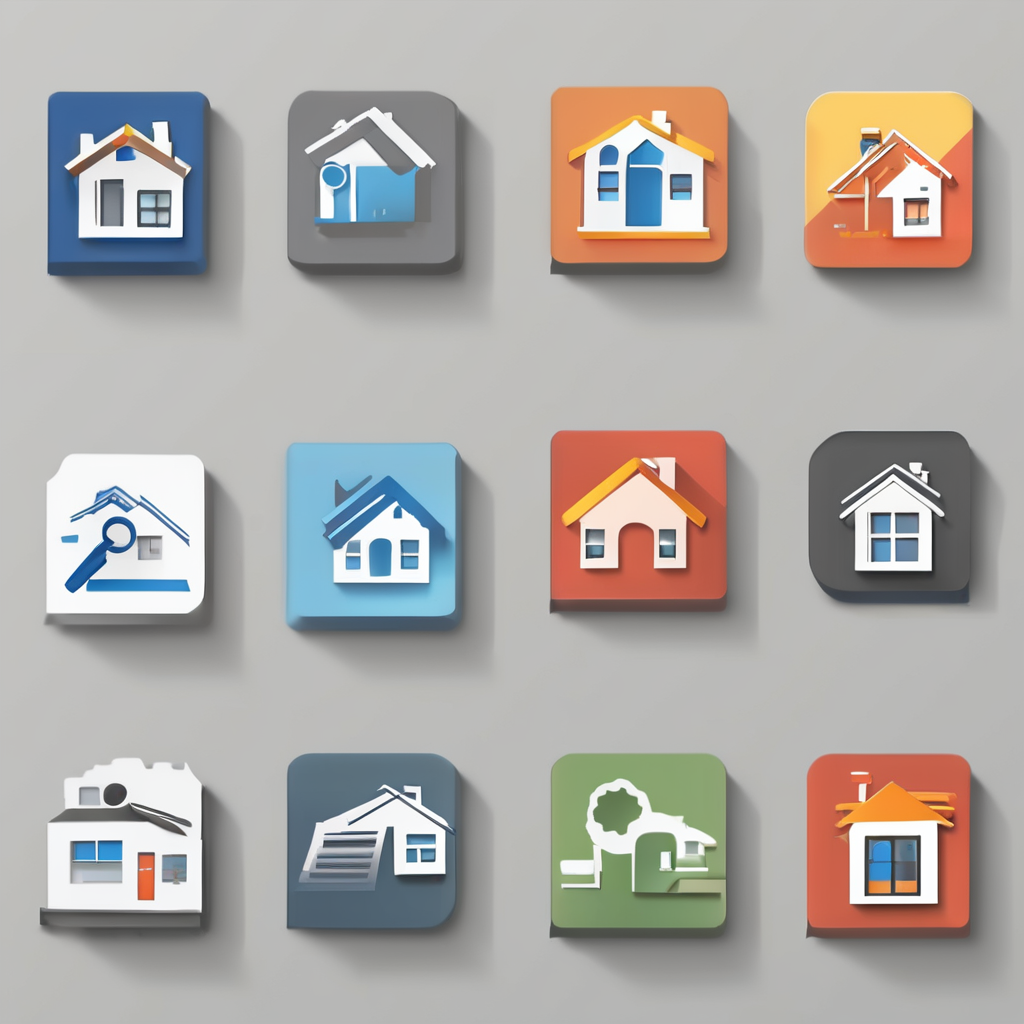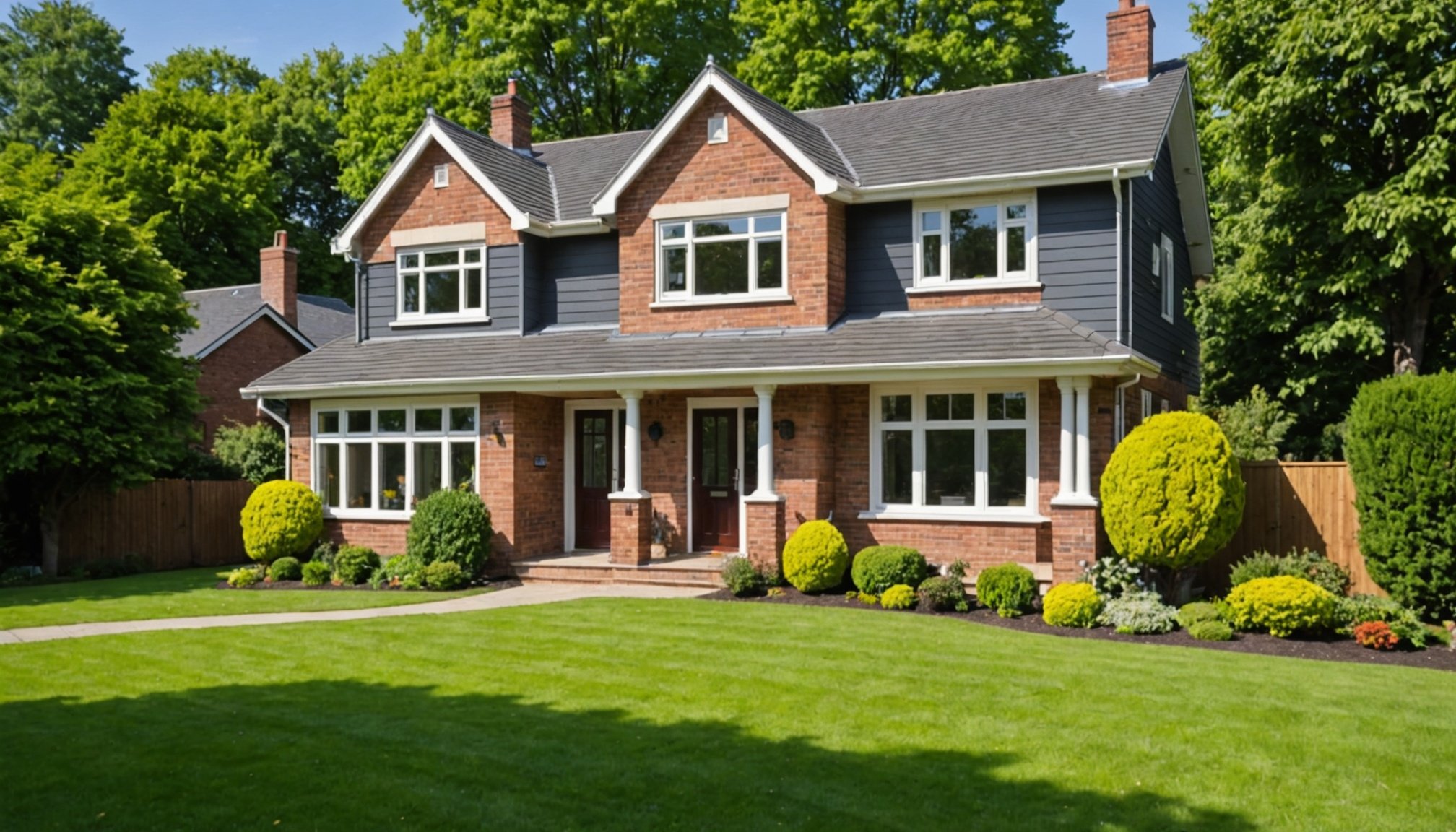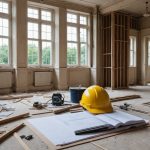Increasing the value of your property is a goal shared by many homeowners and real estate investors alike. Whether you are preparing your house for a sale, looking to boost its market price, or simply wanting to make it a more appealing space, there are several practical steps you can take. This article will explore effective strategies for enhancing your property’s value, focusing on areas like staging, renovations, and energy efficiency. By implementing these tips, you can attract potential buyers and maximize your investment.
Enhancing Curb Appeal
When potential buyers approach your property, the first impression is often the most lasting. Curb appeal is crucial in real estate and can significantly influence the perceived value of your home. To enhance this aspect, consider focusing on the exterior of your house.
Also to see : What should you consider when choosing a property management service in the UK?
Start with landscaping. A well-manicured lawn, trimmed bushes, and blooming flowers can transform the look of your property. Simple tasks like mowing the lawn, adding mulch to flower beds, and planting seasonal flowers can make a world of difference. Consider installing a new pathway or updating your front door to create a welcoming entryway. A fresh coat of paint on the door or even new hardware can modernize your home’s exterior.
Next, think about the lighting. Outdoor lighting, such as path lights or spotlighting for trees and plants, can enhance the nighttime appeal of your property. Additionally, ensure that windows are clean, and consider replacing broken window screens. Such details convey a sense of care and maintenance that buyers appreciate.
Also to see : What documentation is required for securing a mortgage in the UK?
Lastly, consider the overall condition of your roof and siding. Minor repairs or a fresh coat of paint can go a long way in making your property look well-kept. Enhancing curb appeal not only increases the likelihood of attracting buyers but also allows you to set a higher price for your property.
Upgrading Interior Spaces
Once you’ve made a great first impression, the interior of your home must live up to that expectation. Upgrading key areas, particularly the kitchen and bathrooms, can significantly boost your property’s value.
The kitchen is often considered the heart of the home. If you’re looking to make impactful changes, consider updating appliances to energy-efficient models. These upgrades not only enhance functionality but also appeal to buyers looking to save on energy costs. If a complete renovation isn’t in your budget, simple updates like new cabinet hardware, a stylish backsplash, or fresh paint can modernize the space without breaking the bank.
In addition to the kitchen, bathrooms are another area where you can add significant value. Consider replacing outdated fixtures, re-grouting tiles, or adding a new vanity. These changes can make the space feel fresh and inviting.
Additionally, consider the flow of the space. Open-concept layouts are in high demand, so if you can remove a non-load-bearing wall to create a more open living situation, it could greatly appeal to potential buyers. Overall, when upgrading your interior, focus on creating a cohesive and welcoming atmosphere that highlights the potential of your property.
Staging Your Property
Staging your property is an effective strategy to showcase its best features. When you are ready to sell, having a well-staged home can make all the difference in attracting buyers. It helps potential buyers envision themselves living in the space, which can lead to quicker sales and higher offers.
Begin by decluttering your home. Remove personal items, excess furniture, and knick-knacks. A clean and organized space allows buyers to appreciate the full potential of each room without distractions. Once decluttered, consider rearranging furniture to create an inviting flow. Each room should have a purpose and feel spacious.
Next, think about the decor. Use neutral colors for walls and furnishings to appeal to a broader audience. Add tasteful accents like artwork or decorative pillows to create a warm and inviting atmosphere. Lighting is another critical element of staging; ensure that each space is well-lit, using natural light where possible and adding lamps for evening showings.
Finally, consider hiring a professional stager if the budget allows. Their expertise in highlighting your home’s strengths and downplaying weaknesses can lead to a significant return on investment. Proper staging doesn’t just enhance the visual appeal; it also plays a pivotal role in how quickly and profitably your property sells.
Focusing on Energy Efficiency
With increasing awareness of environmental issues, energy efficiency has become a major consideration for homebuyers. Properties that promote energy savings can command higher prices and attract a growing segment of eco-conscious buyers.
Start by performing an energy audit of your home. Identifying areas where you can improve efficiency, such as sealing drafts, adding insulation, or upgrading to double-glazed windows, can pay off significantly. Even small changes like switching to energy-efficient lighting can make a difference.
Consider investing in smart home technology. Thermostats, lights, and security systems that can be controlled via smartphone not only enhance convenience but also improve energy efficiency. Having a programmable thermostat, for instance, allows homeowners to manage their heating and cooling more effectively, leading to reduced utility bills.
Additionally, if you have the means, consider investing in renewable energy sources such as solar panels. Many buyers are willing to pay a premium for homes equipped with solar technology, as these systems can lead to substantial long-term savings. By focusing on energy efficiency, you not only improve the value of your property but also contribute to a more sustainable future.
Market Research and Pricing Strategies
Understanding the market is essential in determining how to increase your property’s value effectively. Conduct thorough research to identify pricing trends in your area and the features that are most sought after by buyers.
Start by comparing your property to similar homes in your neighborhood. Analyze what features they offer, their condition, and how long they stayed on the market. This comparative analysis will provide insights into what buyers are willing to pay and help you set a competitive price.
Additionally, consider seasonal trends in real estate. Certain times of the year can be more favorable for selling. For instance, spring is often a prime time for buyers, as families prefer to move before the new school year begins. Timing your sale strategically can lead to better offers.
Finally, be prepared to negotiate. Understanding the local market dynamics will empower you during the negotiation process. If multiple interested buyers are vying for your property, you may find yourself in a position to negotiate a higher price. By employing effective market research and pricing strategies, you can maximize the value of your property when selling.
Increasing the value of your property is a multifaceted process that involves attention to detail and strategic planning. From enhancing curb appeal and upgrading interior spaces to staging effectively and focusing on energy efficiency, each step plays a crucial role in attracting potential buyers and maximizing your return on investment. By conducting thorough market research and utilizing effective pricing strategies, you can position your property competitively in the real estate landscape. With dedication and effort, your property can not only retain its value but appreciate significantly, ensuring a successful venture in the ever-evolving real estate market.











